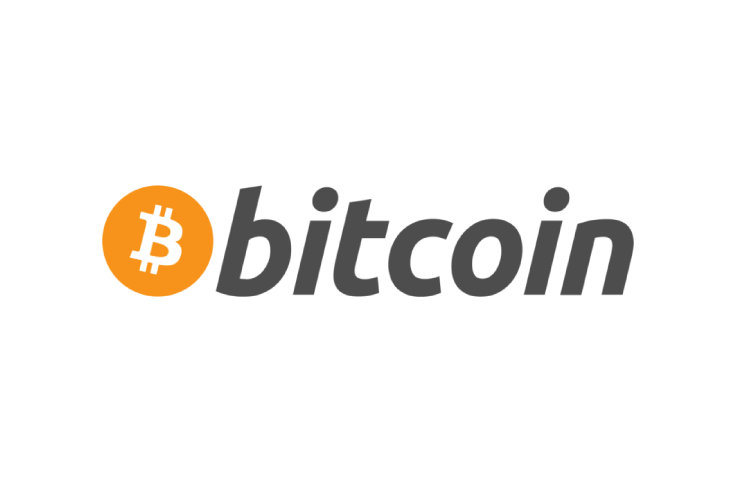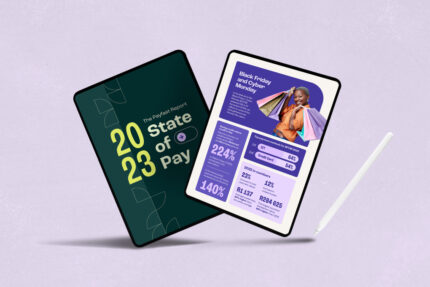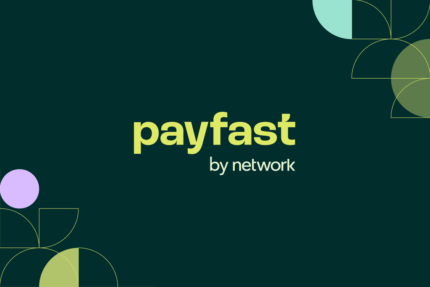
Unfortunately there are a number of limitations and design flaws unique to Bitcoin that make it an impractical substitute for cash, including high transaction fees and long confirmation times for buyers. We’ve tried various ways to mitigate these problems, but unfortunately, these issues are fundamental. The resultant poor user experience has led us to re-evaluate Bitcoin as a payment method on our platform and a decision has been taken to discontinue support for Bitcoin from midnight 20 July 2019.
Initially Bitcoin held promise of a global currency that would allow a faster, cheaper and easier way to move money on the Internet. This included the movement of funds for day-to-day transactions, such as buying a cup of coffee. Our aim was to enable that promise for our buyers and merchants, and to support this alternative to traditional payment methods.
PayFast was able to process Bitcoin transactions by partnering with local Bitcoin exchange Luno, who acted as an intermediary between a buyer’s Bitcoin wallet and PayFast. A buyer always paid the Bitcoin amount while a seller received the equivalent rand payment in their PayFast account. To eliminate any risk posed by Bitcoin’s price volatility, Luno locked the Bitcoin to ZAR exchange rate for a 10 minute window. If the transaction was not sufficiently confirmed within 10 minutes, the payment was unsuccessful and a refund would be due.
As Bitcoin has grown in popularity, it has become increasingly difficult for the network to sufficiently confirm transactions within the 10 minute time limit. Since the network isn’t able to handle the volume of instructions at the speed required, the majority of Bitcoin transactions on the PayFast platform ended up being unsuccessful.
In addition to the frustration that buyers experience when their payments fail, Bitcoin users may also incur a non-refundable fee for every attempted payment. This is the fee the network charges to process a transaction. Therefore anyone trying to pay using Bitcoin opens themselves up to the risk of paying the Bitcoin processing fee, even if the payment fails. The processing fees themselves may vary according to the Bitcoin price and the time required for acceptance to the blockchain. The more Bitcoin gains in value, the higher these fees.
The overall slow performance and computational power consumed by the Bitcoin blockchain to validate transactions, make Bitcoin less useful currently as a means of exchange and better-suited as an asset. It’s estimated that the Bitcoin network can only handle about 7 transactions per second. In comparison Visa performs at around 24,000 transactions per second and even newer cryptocurrencies fare significantly better than Bitcoin with Ripple processing approximately 1,500 transactions per second.
Constant innovation and improvements are being made to both the network and the way cryptocurrencies are built. At PayFast, we’re eagerly following the developments of cryptocurrencies and the supporting technologies that are aiming to enable faster payments. As soon as these become workable alternatives, we look forward to supporting cryptocurrencies as a payment method in the future.
Until such a time, we have decided to end support for Bitcoin from 20 July 2019. This means that Bitcoin will no longer be displayed as a payment method on PayFast. If you, a PayFast merchant, currently have Bitcoin enabled and are promoting it as a PayFast payment method on your website, we recommend that you remove any logos and references to Bitcoin before 20 July 2019.
Follow us on Facebook or Twitter for regular PayFast news and updates.




